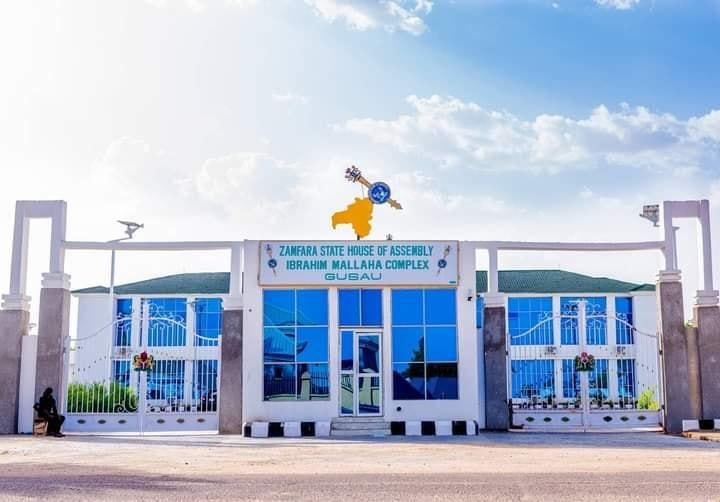Paragraph 1: Emergence of a Factional House of Assembly and Administrative Shake-up
Zamfara State’s political landscape witnessed a significant development with the emergence of a factional House of Assembly, led by Speaker Bashar Gummi. This parallel legislative body swiftly initiated a restructuring of its internal organization, dissolving all existing principal officers and standing committees. In their place, two crucial committees – Ethics and Privileges, and Works and Infrastructure – were reconstituted, signaling a renewed focus on accountability and developmental projects. This move occurred against the backdrop of ongoing tensions between the factional Assembly and the administration of Governor Dauda Lawal, laying the groundwork for potential conflicts and challenges to the governor’s authority.
Paragraph 2: Allegations of Financial Misconduct and Calls for Investigation
The factional House of Assembly wasted no time in addressing alleged financial irregularities within the dissolved House structure. Accusations of misappropriation of public funds were leveled against the former principal officers, prompting the Assembly to formally report these allegations to Nigeria’s anti-corruption agencies, the Economic and Financial Crimes Commission (EFCC) and the Independent Corrupt Practices and Other Related Offences Commission (ICPC). This decisive action underscored the factional Assembly’s commitment to tackling corruption and ensuring financial transparency within the government. The move also intensified the political standoff between the Gummi-led faction and the established state government.
Paragraph 3: Contesting Executive Appointments and Demands for Equitable Representation
The factional Assembly also raised concerns regarding the appointment of Permanent Secretaries by Governor Lawal. A motion brought forward by a member representing Bakura Local Government Constituency highlighted the perceived imbalance in these appointments, alleging that some local government areas were entirely excluded while others received disproportionate representation. The Assembly deemed this action a violation of the 1999 Constitution and demanded a reversal of the appointments, insisting on a more equitable distribution that reflects the diversity of the state’s local government areas. This dispute further strained the relationship between the executive and legislative branches, adding another layer to the ongoing political turmoil.
Paragraph 4: Scrutiny of Infrastructure Projects and Concerns Over Funding
The slow progress of the Gusau-Dansadau road project became another point of contention. The factional Assembly expressed concern over the project’s pace despite significant funding allocated in the previous year. Alleging that only a small portion of the road had been completed, the Assembly summoned the state Commissioner of Works and Infrastructure to provide an explanation for the perceived delay and account for the disbursed funds. This action demonstrated the factional Assembly’s intention to hold the executive branch accountable for the execution of vital infrastructure projects and the proper utilization of public resources.
Paragraph 5: Advocacy for Reopening of Schools and Accusations Regarding Social Programs
The factional Assembly also urged Governor Lawal to reopen at least two boarding schools in each of the state’s three Senatorial Districts. These schools had been closed due to security concerns, but the Assembly argued for their reopening to facilitate access to education, especially for underprivileged children who benefited from school feeding programs. The Assembly accused the state government of deliberately delaying the reopening to avoid the financial burden of these programs. This accusation added another dimension to the conflict, framing the school closure issue not just as a security matter but also as a political and social one.
Paragraph 6: The Ongoing Political Standoff and Lack of Official Response
The emergence of the Gummi-led factional House of Assembly has created a complex political landscape in Zamfara State. Both the state government and the existing House of Assembly, led by Speaker Moriki, have remained silent on the matter despite repeated attempts to solicit their responses. The Senior Special Assistant to the Governor on Media and Communications deflected responsibility to the state House of Assembly, while the spokesperson for the Moriki-led Assembly remained unreachable. This lack of official response further contributes to the uncertainty and political tension surrounding the factional Assembly’s actions and its implications for governance in Zamfara State. The ongoing stalemate suggests a deeper political struggle that may require mediation or other forms of intervention to resolve.


